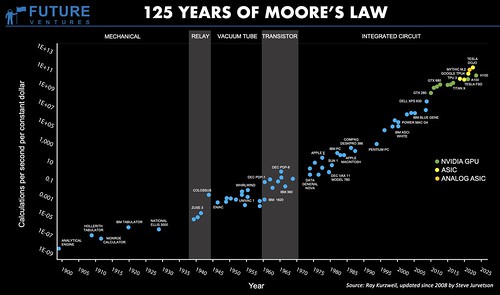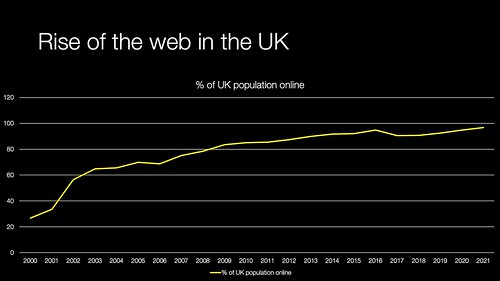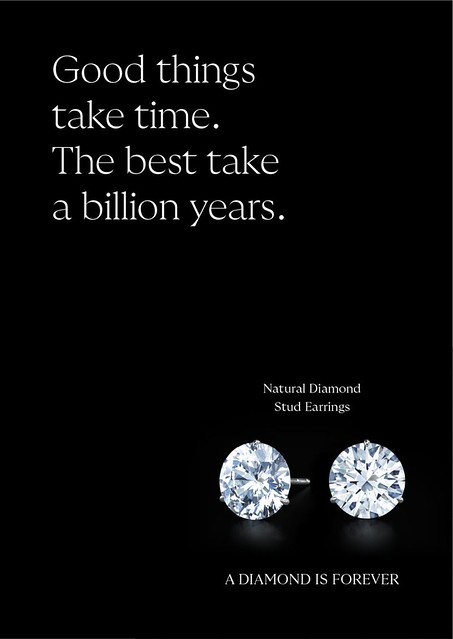Guided by ideology
China’s rule is described by the German government as guided by ideology. Germany has pulled away from its historic strategy due to China’s approach being guided by ideology. The classification of systemic rival due to China’s guided by ideology approach sets the German government against pro-China businesses including BASF, Daimler-Benz, Deutsche Telekom and Volkswagen Group.
Chinese acquisitions of German specialist companies have been guided by ideology as much as business benefit. Germany let go critical companies like Kuka – the robotics specialist to specialist construction equipment.
Sentiment in the Mittelstand industrial base of Germany has turned negative as China’s rule became increasingly guided by ideology.
Consumer behaviour
Toolkit 2024: Masculinity in Crisis | WARC | The Feed
Economics
Some HENRYs are saving too much for retirement — and it may backfire | Business Insider
Hapag-Lloyd hit by downward spiral in freight rates | FT – follows on from a similar announcement by Mearsk indicating a global economic slowdown; if not a global recession, is in the offing
US consumer goods: Chinese customers keep companies waiting | FT – The US cosmetics group has over the past year repeatedly expressed confidence that business in China will rise when the pandemic abates. But this month the company behind MAC and Clinique had to take an axe to its full year’s guidance. Demand for high-end beauty products in mainland China has been slow to recover. The stock has lost 55 per cent of its value this year. Worthwhile reading in conjunction with: Beijing’s data and spy laws threaten to spur decoupling with Europe, says business group
UK Takeover Panel falls victim to deal drought | FT
Energy
Sharp shows tandem solar module with record 33.66% efficiency | EE News Europe
Ethics
Apple discriminated against US citizens in hiring, DOJ says | Ars Technica – investigation “found that Apple engaged in a pattern or practice of citizenship status discrimination in recruitment for positions it hired through PERM, and that the company’s unlawful discrimination prejudiced US citizens, US nationals, lawful permanent residents, and those granted asylum or refugee status. These less effective recruitment practices deterred protected workers from applying to positions that Apple preferred to fill instead with PERM beneficiaries.” Apple did not advertise PERM positions on its external job website like it does with other positions, the DOJ said. “It also required all PERM position applicants to mail paper applications, even though the company permitted electronic applications for other positions,” the DOJ said. – Bob Cringely had been talking about similar antics at IBM for years. I expect that you will see this across the technology sector
Finance
Warren Buffett Sold Stocks That Berkshire Was Also Trading: Report | Business Insider
Klarna studies ‘eventual IPO’ after first profit in 4 years | FT
Changes to UK supervision rules ‘risk encouraging money-laundering’ | FT
FMCG
More consolidation in grocery delivery: Getir acquires FreshDirect to beef up in the US | TechCrunch and VCs No Longer Do DTC | Crunchbase – no longer able to sell to people like Unilever. Unilever are looking to sell Dollar Shave Club: Ben Cogan on Dollar Shave Club and the DTC sector | LinkedIn
France
Alstom: the French train giant battling to stay on the rails – “If Alstom had a problem, the whole of France would find itself pretty stuck,” given the company supplies most of the country’s trains and metros, said an executive at a rival manufacturer. “It can pose a major industrial risk.”
Health
Novo Nordisk’s obesity drug cuts risk of death by 18%, trial data shows | FT
Klick Wire | Telehealth top app type for 45+ – it all comes down to how you define telehealth and how app versus ‘system’ usage is measured. I would imagine alarm and SMS / messaging would still rank very high
Hong Kong
Hong Kong man wanted over fatal hold-up shooting arrested after 32 years on the run | South China Morning Post – its like a vintage Chow Yun Fat film, but in real life. In the years running up to recolonisation there were a lot of armed robbers perpetrated by mainlanders who would come in do the job and return. These jobs often used AK pattern weapons, apparently from China but just as likely left over from the wars that ravaged South East Asia
The police sieges of CUHK and PolyU four years on: a historic watershed – really interesting essay on the psyche at a key point in the 2019 protests
Why the Tories need the new Hong Kong voter base | The Spectator
Ideas
Yes, it’s possible to imagine progressive dystopias | Noahpinion
Tomorrowland: Emma Chiu Predicts the Future | Vogue Philippines
The Flaring of Intellectual Outliers: An Organizational Interpretation of the Generation of Novelty in the RAND Corporation – Andrew W Marshall Foundation – why there were places as beacons of innovation like RAND, SRI, Bell Labs and Xerox PARC
Luxury
A Visvim in my backyard? – On my Om
Marketing
Record £9.5bn to be Spent During Christmas Advertising Season – Advertising Association – 4.8 percent lift from the previous year
IPG launches identity resolution cloud application as the industry prepares for a cookieless world – Digiday – Axciom-based technology
Why sometimes it’s worth sacrificing frequency for impact – The Media Leader
Materials
Foundry creates 100mm-diameter single-crystal diamond wafer EE News Europe
Tech start-ups race to make EV battery recycling sustainable | FT
Media
Hollywood actors secure safeguards around AI use on screen | Reuters
Why It’s Never Been Harder to Make a Living as a Writer | Esquire – god this is drepressing
UK TV exports reach record £1.85bn – The Media Leader
Jezebel: Feminist media site shuts down after 16 years – BBC News
Online
PHONECO Antique phone, collectible telephone, old telephone – I love the old school web design that loads crazy fast
The Pinterest beats ChatGPT Edition | Antonym – ChatGPT is being used much less than Pinterest, which puts things into perspective
LinkedIn Reaches 1 Billion Members, Expands AI Features On Site | Forbes
Google and telcos push EU to force Apple to open up iMessage – ReadWrite
Tumblr to run on skeleton crew as parent company Automattic absorbs staff | TechCrunch
Indian digital ads surge in world’s fastest growing online economy | FT
Retailing
Meta and Amazon team up on new in-app shopping feature on Facebook & Instagram | TechCrunch
In pictures: Miniso unveils Oxford Street flagship amid rapid UK expansion | Retail Gazette
Amazon Is Shutting Down Its Clothing Stores – WSJ
TikTok Is Bringing Logistics to the E-Commerce Dance – WSJ
Tumblr to run on skeleton crew as parent company Automattic absorbs staff | TechCrunch
Security
How Israel’s spymasters misread Hamas | FT – before Hamas launched its October 7 attack, Avi Issacharoff, co-creator of Israel’s hit television thriller Fauda, rejected a possible plotline for one episode in which Hamas fighters stormed the border fence and attacked Israel, deeming it too implausible. Israel’s security services apparently thought the same.
Tech leakage to China can’t be stopped but can be delayed, says expert – Nikkei Asia
Small packages are causing big problems in the US | FT
ICBC ransomware attack
Industrial and Commercial Bank of China (ICBC) suffered a ransomware attack | Security Affairs
Wall Street and Beijing fight fallout of ransomware attack on China’s biggest bank
ICBC/ransomware: China’s cyber security industry moves out of the shadows
Ransomware attack on ICBC disrupts trades in US Treasury market
Singapore
Singapore urbanism – by Noah Smith – Noahpinion
Software
This New Breed of AI Assistant Wants to Do Your Boring Office Chores | WIRED
OpenAI chief seeks new Microsoft funds to build ‘superintelligence’ | FT
GIC chief says investors should prefer Big Tech to start-ups on AI | FT









